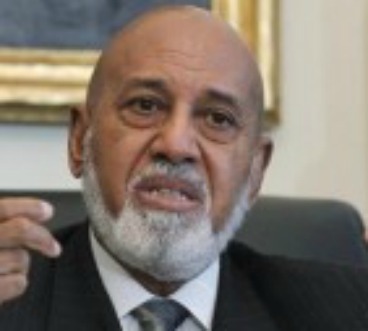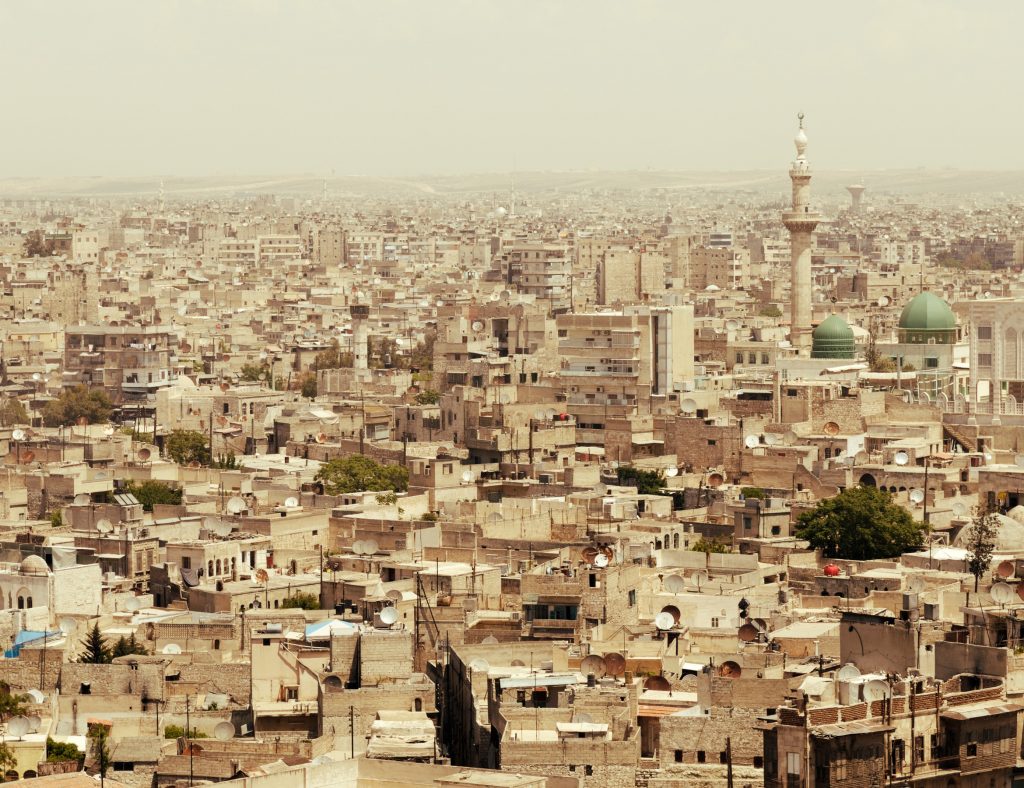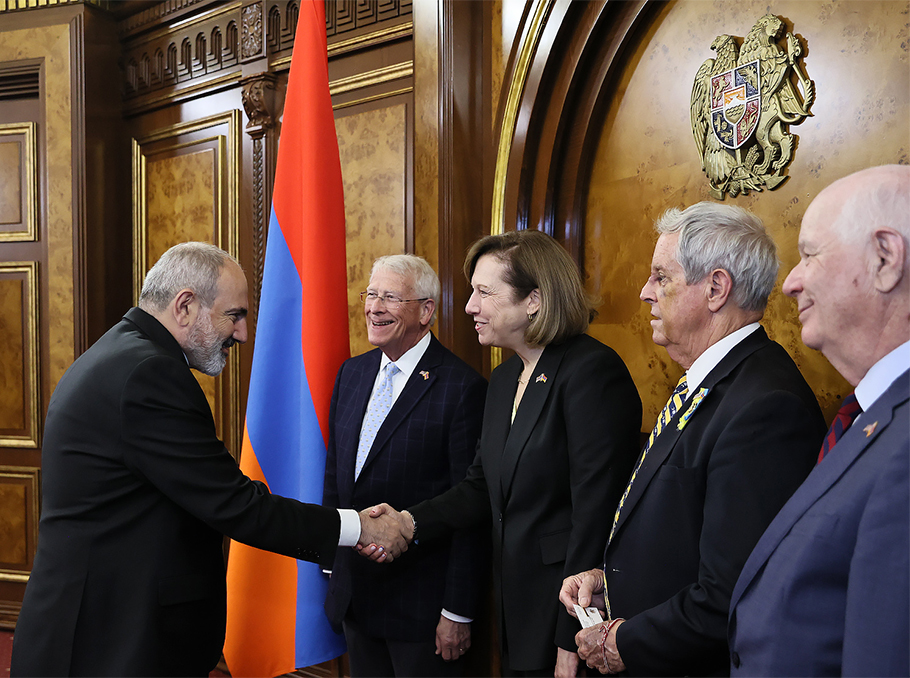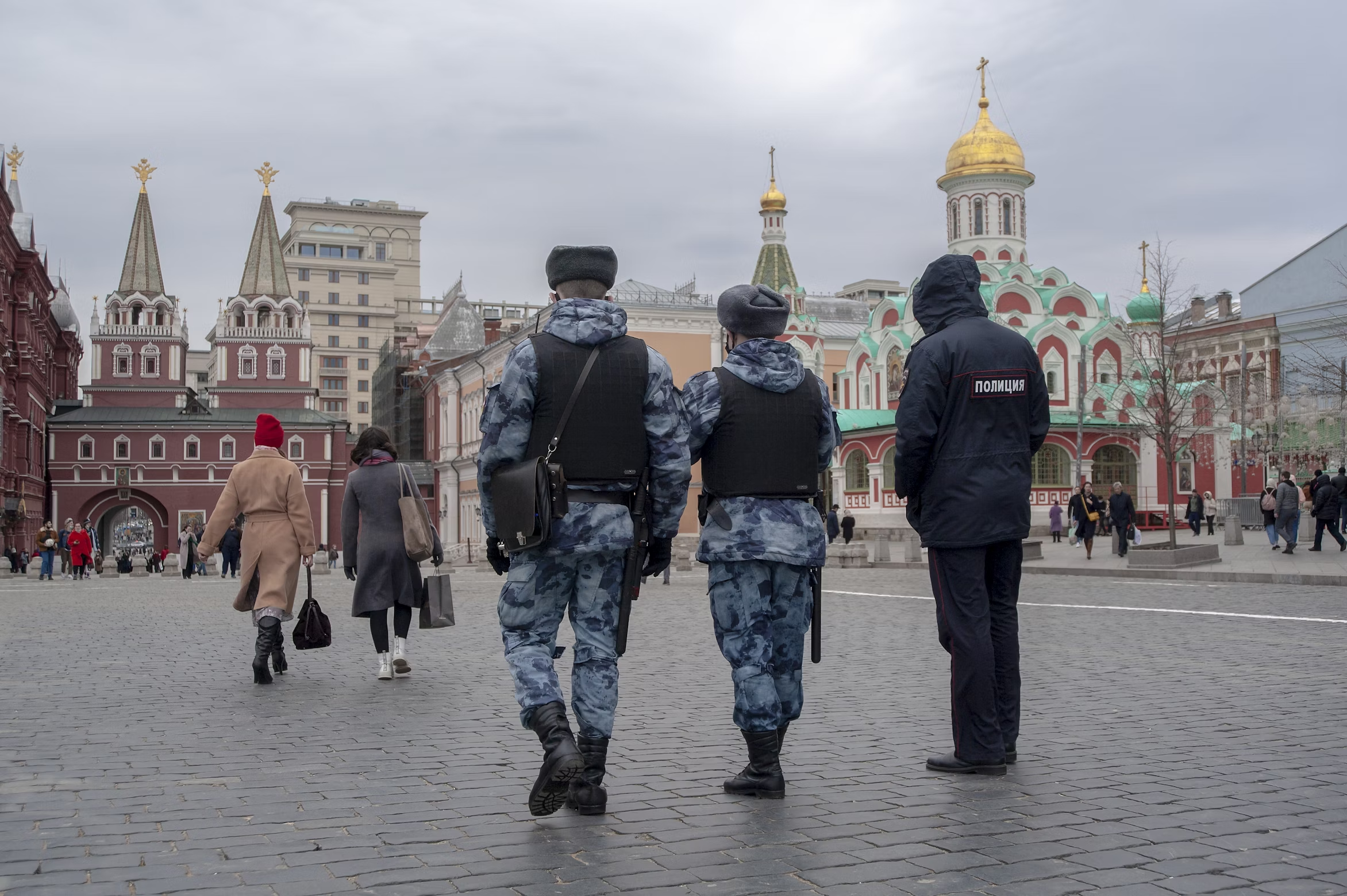Madam Speaker, a year ago this month Natalya Estemirova, the leading human rights defender in Chechnya was abducted near her apartment building in the capital city of Grozny by unidentified men, transported to the neighboring republic of Ingushetia, and brutally killed. She led a courageous life of denouncing corruption, calling for a fair judicial system, and standing up for human rights. For that she was cut down. While her killers may have ended her life, they will never silence the voice she brought to these issues. Ms. Estemirova’s work was well known to the Helsinki Commission, which I co-chair, and colleagues there recall her 2006 visit to discuss the situation in Chechnya. Like Estemirova, all too many of her fellow human rights defenders and journalists are targeted because they have the temerity to speak out about human rights abuses.
Today, inspired by Estemirova’s work, I introduce a measure expressing solidarity with human rights defenders in the Russian Federation; urging the Russian authorities to take appropriate steps to end the harassment, persecution and attacks against activists; and calling for an end to impunity for those responsible for such acts, including through the conducting of timely, transparent and thorough criminal investigations into the unresolved murders of human rights defenders, journalists, and political opposition members and the prosecution of all of those responsible for these crimes.
The Helsinki Commission has been at the forefront of drawing attention to the human rights situation in Chechnya and elsewhere in the North Caucasus region of Russia, having held numerous hearings and briefings. Notwithstanding the assertions by the powers that be in Moscow that the situation in Chechnya has returned to normal, the reality on the ground reveals otherwise. The recently released 2009 Country Reports on Human Rights Practices, issued by the Department of State, found that the Russian government’s already poor human rights record in the North Caucasus worsened during the reporting period, with a marked increase in extrajudicial killings by both government and rebel forces and politically motivated disappearances in Chechnya as well as in neighboring Ingushetia and Dagestan. The Helsinki Commission remains deeply concerned over ongoing human rights abuses, legal impunity, and the permeating climate of fear in the North Caucasus.
While one cannot discount that terrorist elements are responsible for some of the rights violations in that region, many of the reported abuses are perpetrated by federal and local security forces in Chechnya, including the private militia of Chechen strongman Ramzan Kadyrov, the republic’s Kremlin-backed president. While it remains unclear what, if any role Kadyrov had in Estemirova’s killing, his contempt for her and other human rights defenders is palpable. Earlier this month Kadyrov publicly labeled independent journalists and rights activists as “traitors and enemies of the state.” Among those targeted by the Chechen leader is the respected Russian rights organization Memorial.
Madam Speaker, as Co-Chairman of the Helsinki Commission I remain concerned over the deterioration of the human rights situation in the North Caucasus generally, and Chechnya specifically. I am not alone in this regard, as the Council of Europe’s Parliamentary Assembly adopted a resolution late last month on the North Caucasus. The measure pointed to a series of specific concerns in Chechnya against the backdrop of what it characterized as “a climate of pervading fear” nurtured by the current authorities: recurrent disappearances of government opponents and human rights defenders still remain widely unpunished; continuing threats and reprisals, including abductions of relatives of persons suspected of belonging to illegal armed factions; and ongoing intimidation of the media and civil society, among others.
Ramzan Kadyrov’s utter contempt for human rights and fundamental freedoms was again manifested recently in his reaction to paintball gun attacks against women on the streets of Grozny apparently because they were not wearing headscarves. Instead of condemning the assaults, the Chechen president reportedly praised the perpetrators. While Kadyrov has largely been given free rein in Chechnya, that does not absolve his backers in Moscow from responsibility for the deteriorating human rights situation in that part of the Russian Federation.
As a participating State of the Organization for Security and Cooperation in Europe, it is incumbent upon the Russian authorities to ensure that fundamental freedoms are respected throughout the country, including in the North Caucasus. Turning a blind eye to human rights violations is unacceptable. I urge President Medvedev and Prime Minister Putin to take effective measures to stop the harassment, persecution and attacks against human activists and journalists in the Russian Federation and to end the impunity for those responsible for the murder of Natalya Estemirova and others. Only then will there be hope that the situation in Chechnya will return to anything approaching normal.
(The related resolution is H.Res. 1539)










